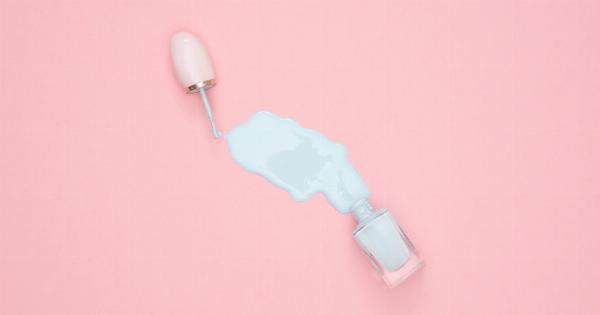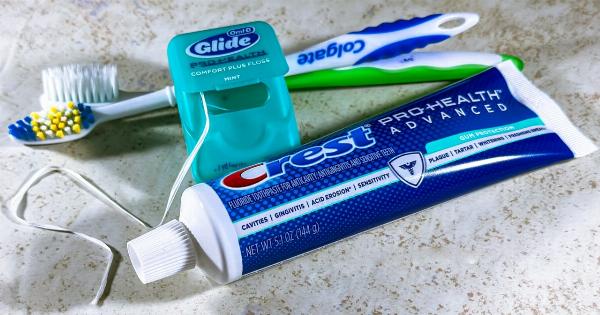As the temperature drops during the winter months, taking a hot shower becomes an irresistible indulgence to warm up and relax.
Many people enjoy using shower gels that produce a rich lather and invigorating fragrance, leaving them feeling clean and refreshed. However, while hot shower gels may seem harmless, there are hidden dangers associated with their use during this time of year.
In this article, we will explore the potential risks and explain why it is important to be mindful of the temperature and ingredients in your shower gels.
The Impact of Hot Water on Your Skin
Hot water, especially when used extensively, can be detrimental to your skin’s health, especially during the winter. As we know, colder temperatures and low humidity levels deplete our skin’s natural moisture, leaving it dry and vulnerable.
When combined with hot water, this can exacerbate the problem and lead to further skin issues.
1. Dries out the skin: Hot water strips your skin of its natural oils, leading to dryness and potentially causing itchiness, flakiness, and even irritation.
The heat breaks down the protective barrier of your skin, leaving it exposed to external aggressors.
2. Causes skin redness: Prolonged exposure to hot water can result in dilation of blood vessels, leading to redness and a flushed appearance.
This can be particularly concerning for individuals with sensitive skin or conditions like rosacea.
Understanding the Risks of Hot Shower Gels
Now that we’ve discussed the impact of hot water on your skin, it’s important to understand how shower gels can contribute to these risks.
1. Harsh cleansing agents: Many shower gels on the market contain strong cleansing agents that can further strip away the skin’s natural oils.
Combined with hot water, they can create a double-whammy effect, leaving your skin feeling even drier and more vulnerable.
2.
Fragrance and artificial ingredients: While the scent of your favorite shower gel may be enticing, it is essential to remember that some fragrances and artificial ingredients can irritate the skin, particularly during the winter months. These additives can worsen dryness, redness, and itchiness caused by hot water.
3. Chemical preservatives: Shower gels often contain preservatives to prolong their shelf life. However, certain preservatives like parabens can be harmful to the skin.
The combination of hot water and these chemicals can potentially lead to allergic reactions or irritation.
Mitigating the Risks
While the dangers of hot shower gels in the winter are evident, there are steps you can take to mitigate these risks and protect your skin.
1. Lower the water temperature: Instead of using hot water, opt for warm water when showering. This way, you can still enjoy a comfortable shower without subjecting your skin to excessive heat.
2. Switch to gentle, moisturizing shower gels: Look for shower gels that are specifically formulated for sensitive or dry skin.
These products often contain moisturizing ingredients like shea butter, glycerin, or natural oils that help replenish the moisture lost from hot water.
3. Read labels carefully: Avoid shower gels that contain harsh cleansing agents or artificial fragrances. Instead, choose products that are free from sulfates, parabens, and other irritating ingredients.
4. Moisturize immediately after showering: Pat your skin dry after showering and apply a nourishing moisturizer to lock in moisture. This step is crucial during the winter months when your skin needs an extra layer of protection.
5.
Consider alternative cleansing methods: If your skin becomes excessively dry or irritated, you may want to explore alternative cleansing methods, such as using gentle cleansing oils or hydrating body washes that do not require rinsing with hot water.
In Conclusion
While hot shower gels may provide a soothing and comforting experience during the winter, it is essential to be aware of the potential dangers they pose to your skin.
The combination of hot water, harsh cleansing agents, and artificial ingredients can further exacerbate the dryness and sensitivity caused by the weather. By making simple adjustments to your shower routine and opting for more skin-friendly products, you can protect your skin’s health and enjoy a luxurious shower experience without compromising its well-being.






























